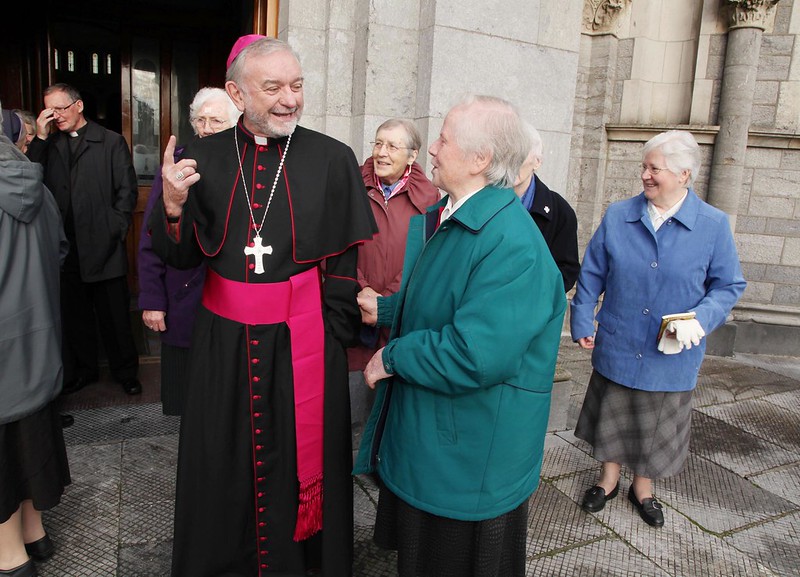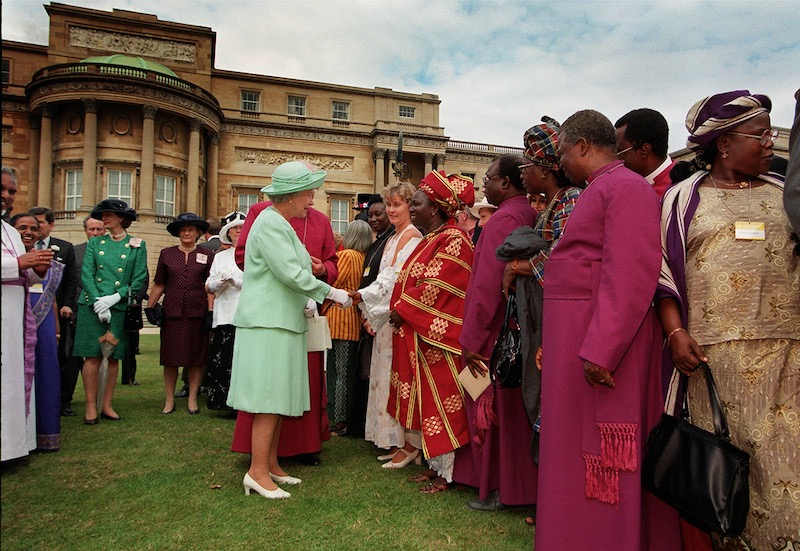A statement on human dignity which Anglican bishops were to discuss as they meet in Canterbury at the Lambeth Conference this week is to be revised, following widespread criticism of its reiteration of the prohibition on same-sex marriage.
Ten draft “Lambeth calls” for bishops to consider had been published in advance of the conference, due to be attended by around 650 of the 1,000 bishops of the Anglican Communion.
They included statements on Christian unity, care for the environment and the relationship between science and faith, as well as on safeguarding and on Anglican identity.
All were overshadowed, however, by the reaction to the “Call on Human Dignity” drafted by the Archbishop of Jamaica, Howard Gregory, which included the statement that “the mind of the Anglican Communion as a whole [is] that same gender marriage is not permissible”.
This reaffirmed “Resolution 1:10” of the 1998 conference, which caused severe division by advising against blessings on same-sex marriages – which most Anglican churches continue to prohibit. Several bishops expressed shock at the wording, and the Archbishop of Canterbury, Justin Welby called a meeting on Monday with the group who drafted the call.
In a statement, former Bishop of Truro Tim Thornton, chair of the Lambeth calls sub-group, said that drafting group “will be making some revisions” to the call. He also announced an alteration to the voting process, so that “bishops will now be able clearly to state their opposition to a particular call”.
The conference, which begins tomorrow, 27 July and runs to 7 August, already faced controversy on this issue, with the archbishops of Uganda, Rwanda and Nigeria declining their invitations on behalf of their provinces and accusing attendees of going against Biblical teaching on sexual ethics. One of the Lambeth calls, on reconciliation, features measures to “begin a new conversation” with these provinces.
There was also criticism of the conference’s policy on inviting bishops’ spouses, with some American bishops in same-sex relationships absent because their partners were not invited. There will be a visit to London on 3 August for a day of “symbolic action on the environment and economic justice” at Lambeth Palace. There will not, however, be a garden party at Buckingham Palace, as at previous conferences.
Although the resolutions of the conference are not binding on the Anglican Communion, they may influence future direction. The call on Anglican identity, drafted by the Archbishop of New Zealand, Philip Richardson, includes a proposal for an Anglican Congress in the global south to support “the voices of indigenous leaders, women, young people and the laity”.
It also calls for an independent review of the “Instruments of Communion” – the institutional expressions of Anglican unity, which include the Archbishop of Canterbury and the Lambeth Conference itself – to determine whether they are fit for purpose.
In an interview with The Times last week, the Archbishop Welby said that he intends to remain in post until 2026, when he reaches the Church of England’s retirement age of 70.



 Loading ...
Loading ...